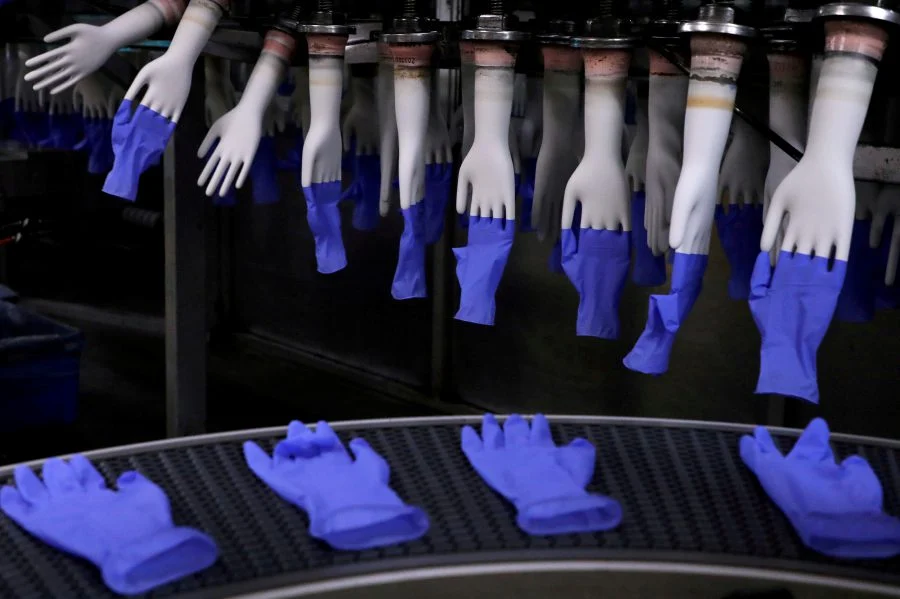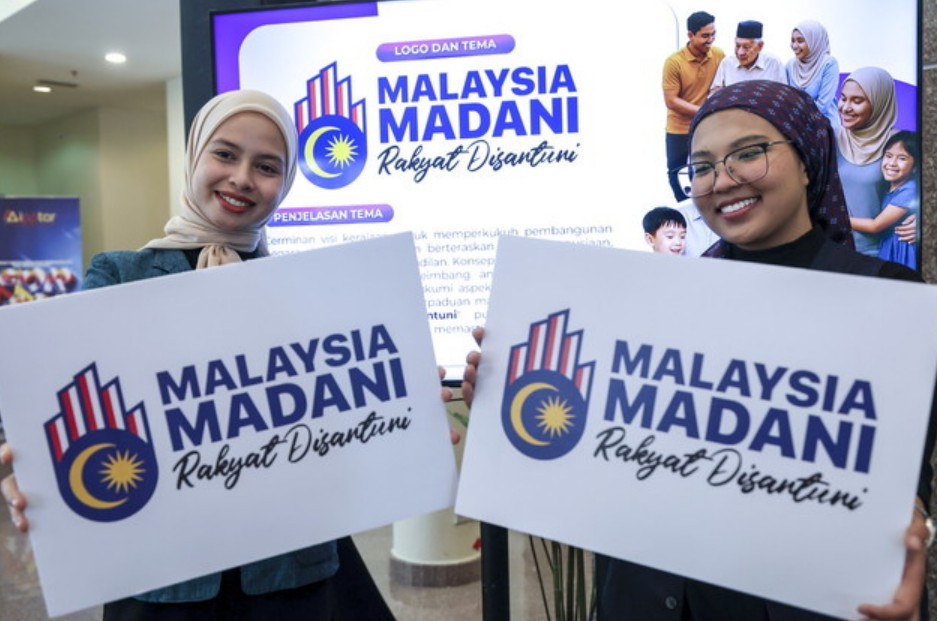SINGAPORE: Singapore’s Hin Leong Trading (Pte) Ltd has no future as an independent company after it “grossly overstated” the value of its assets by at least US$3 bil (RM12.83 bil), according to a preliminary report prepared by a court-appointed supervisor.
In the report filed this week in Singapore’s High Court, the interim judicial managers from PricewaterhouseCoopers Advisory Services Pte Ltd (PwC) said they had found a significant number of irregularities in the Singapore oil trader’s finances.
Two sources close to the matter confirmed the findings, which were based on documents and interviews with Hin Leong employees in a two-month investigation into its finances and trading activities.
Hin Leong and PwC did not immediately respond to emailed requests for comment. A spokesman for Rajah & Tann, the legal adviser to the interim judicial managers, declined comment.
Hin Leong, one of Asia’s largest oil traders, was placed under so-called judicial management in April after banks demanded repayment of loans as oil prices crashed and the coronavirus swept across the globe.
It needs to restructure debts of about US$3.5 bil and as part of the judicial management process, PwC is running its affairs.
The accountancy firm said that as of Oct 31, 2019, Hin Leong had overstated its assets, including at least US$2.23 bil in accounts receivables, unlikely to be recovered, and US$800 mil in inventory shortfalls.
“The overstatement existed to conceal significant losses that the company (Hin Leong) had accumulated over the years,” PwC said in the report.
The Lim family
Hin Leong currently has liabilities of US$3.5 bil and assets of US$257 mil and PwC said that on its own, the company “has no reasonable prospect of being restructured or rehabilitated”.
“However, there may be some prospect of restructuring if the company is put together with other companies in the Hin Leong Group with the support and cooperation of the Lim family,” the report said.
Hin Leong is owned by its founder Lim Oon Kuin, a Singaporean in his 70s widely known as O.K. Lim, and his son Lim Chee Meng, who is also known as Evan Lim, and daughter Lim Huey Ching.
PwC is proposing that Hin Leong be merged with other companies either fully or partly owned by the Lim family including Ocean Tankers (Pte) Ltd (OTPL), which is also under judicial management, Xihe Group which owns a fleet of tankers, Universal Group Holdings (UGH) and oil terminal Universal Terminal to create an integrated petroleum trading platform.
“The proposed restructuring will require the commitment and cooperation of the Lim family to inject their personal assets (including but not limited to their shares held in OTPL, Xihe Group, UGH and Universal Terminal),” according to the report.
It added that it was holding informal discussions with potential investors to assess their interest in Hin Leong and its subsidiaries Ocean Bunkering Services Pte Ltd and Hin Leong Marine International Pte Ltd.
The investors include state-owned enterprises and other companies from China and regional or global traders in oil and gas, PwC said.
Davinder Singh Chambers LLC and nTan Corporate Advisory Pte Ltd, the Lim family’s legal and financial advisors respectively, did not immediately respond to emailed requests for comment.
Derivatives losses
In its report, PwC said it had found evidence to suggest that Hin Leong had hidden about US$808 mil in losses from derivatives trading over the past ten years by overstating derivatives gains by as much as US$2.1 bil.
Hin Leong also “fabricated documents on a massive scale” to give the impression that customers were paying the company, helping to inflate its accounts receivables and secure financing.
Hin Leong’s founder O.K. Lim admitted in a court document filed earlier this year to directing the firm not to disclose hundreds of millions of dollars in losses over several years.
Dividends totalling US$90 mil were paid to shareholders of Hin Leong in the financial years that ended October 2018 and October 2017, PwC said.
PwC added that it will continue its investigations after submitting this report. – June 24, 2020, Reuters









